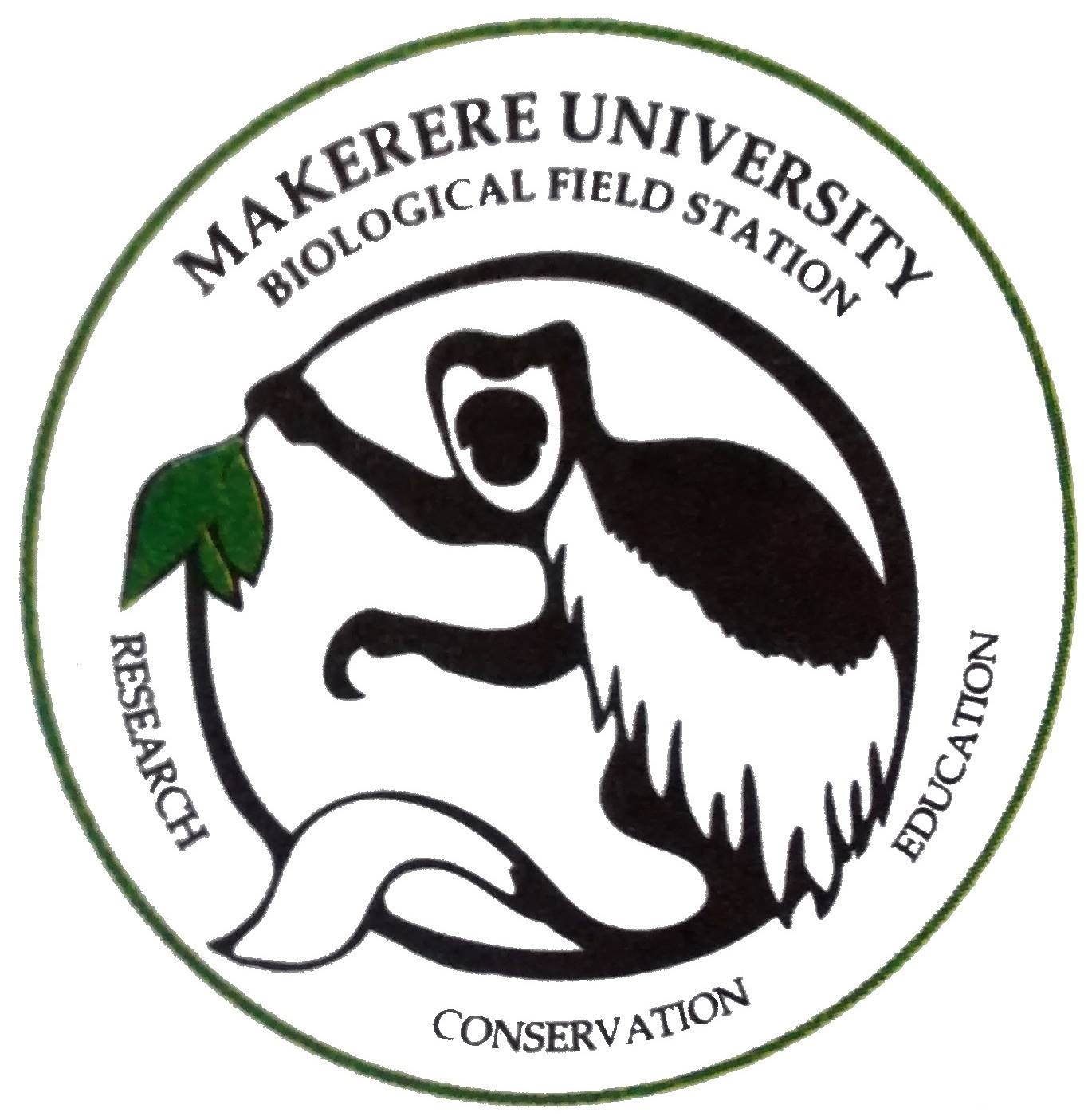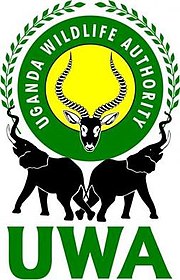Tropical Ecology & Conservation Field Course: Uganda 2026
Course Dates:
28 July – 27 August 2026
Location:
Kibale Forest National Park, Uganda
Application Deadline:
Midnight Friday 20 March 2026
ABOUT THE COURSE
This month-long immersive field course is designed for people at an early stage in their ecological or conservation research journey. It’s especially suited to those who want to build confidence in project design, critical thinking, and scientific communication, but who may not yet have had many chances to carry out their own research.
You will learn by doing in the spectacular tropical rainforest of Kibale National Park, supported by our world-class teaching team, which includes leading Ugandan researchers and conservation practitioners. Your course-mates will come from across the world (with at least 50% from Africa), creating a rich and diverse environment to learn, collaborate, and share perspectives.
The course begins with guided workshops and field exercises that introduce key habitats, taxa, and themes. Students are encouraged to ask questions and develop their own interests. Evening lectures and seminars draw on the expertise of the teachers present. The final half of the course is devoted to independent research projects carried out in pairs. Each project is written up in full and presented as a short research paper.
Although the focus is on transferable skills, topics will include:
- Forest ecology and conservation
- Plant-animal interactions
- Animal behaviour
- Field research techniques
- Statistical analysis in R
- Research project design
- Scientific writing
More Information
Theme: Tropical Forest Ecology and Conservation
Cohort Size: 24 participants
Teaching Level: MSc
Duration: 27 days on site
Price: £1400
Students from member institutions pay a reduced fee
Scholarships are available.
Minimum academic requirement: Completed 3 years of a biological degree as well as proficient in spoken and written English.
Course costs
The course fee is £1400*. This covers internal transport to and from the field site, accommodation, subsistence and tuition. It does not include airfares, insurance and visa costs. Participants from TBA member organisations pay a reduced rate of £1000. If your institution is not currently a member, why not ask them to join? Applicants from member organisations also receive priority for course places.
All successful UK and European applicants can apply for a British Ecology Society scholarship (approximately £400).
African applicants may apply for a limited number of full or partial scholarships. These can cover the costs of international travel to and from the rendezvous location, as well as tuition, national travel, accommodation and subsistence.
Priority for places will be given to outstanding applicants but we will also take into consideration those who can raise full or part of their participation costs (i.e. course fees and travel costs). We would strongly encourage you to look for funding from grants, foundations or your organisation, and we will be willing to provide letter of support towards your applications.
* Note: This fee is only a partial contribution towards the cost that TBA incurs for each participant. These courses are only possible thanks to the generous support of our funders and individual sponsors, who share our belief in investing in people for conservation.
How and when to apply
Who should apply
Courses are designed for early career scientists, with teaching pitched at masters level. Applicants must hold a biological degree by the course start date – or have completed at least 3 years of a biological degree course.
Applications can be made via our online application form. You will be required to nominate 2 referees, who must be informed before you submit your application.
The application deadline is midnight on Friday 20 March 2026.
You can only attend one course, but you may apply in successive years if not selected.
Here is a link to a PDF version of the SurveyMonkey application form – please use this as a guide to help you consider your responses to the questions. You could then pre-write these and copy and paste the answers across when you login to apply.



More Information
If you have questions, contact the Course Coordinators:
- For applicants from Africa and Madagascar please email courses-Africa@tropical-biology.org;
- For applicants from all other countries please email courses@tropical-biology.org.
Each application will be assessed on its own merits. Successful applicants will be contacted in order to help them to prepare for the course.
What Our Students Say
“The TBA course has given me an amazing introduction to tropical biology and conservation, and that has inspired me to continue working in tropical areas in the future.”
Anna Ahlberg, Sweden
“The opportunity to work in a real-world setting allowed me to refine my field skills and gain the confidence needed to conduct ecological research independently.”
Purity Njambi, Kenya
